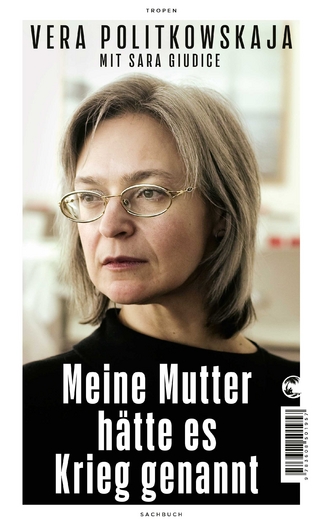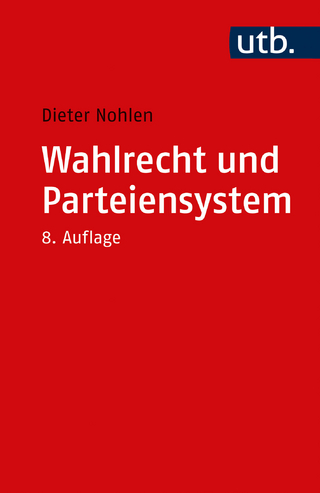
Edmund Burke in America
Cornell University Press (Verlag)
978-1-5017-0571-7 (ISBN)
The statesman and political philosopher Edmund Burke (1729–1797) is a touchstone for modern conservatism in the United States, and his name and his writings have been invoked by figures ranging from the arch Federalist George Cabot to the twentieth-century political philosopher Leo Strauss. But Burke’s legacy has neither been consistently associated with conservative thought nor has the richness and subtlety of his political vision been fully appreciated by either his American admirers or detractors. In Edmund Burke in America, Drew Maciag traces Burke’s reception and reputation in the United States, from the contest of ideas between Burke and Thomas Paine in the Revolutionary period, to the Progressive Era (when Republicans and Democrats alike invoked Burke’s wisdom), to his apotheosis within the modern conservative movement.
Throughout, Maciag is sensitive to the relationship between American opinions about Burke and the changing circumstances of American life. The dynamic tension between conservative and liberal attitudes in American society surfaced in debates over the French Revolution, Jacksonian democracy, Gilded Age values, Progressive reform, Cold War anticommunism, and post-1960s liberalism. The post–World War II rediscovery of Burke by New Conservatives and their adoption of him as the "father of conservatism" provided an intellectual foundation for the conservative ascendancy of the late twentieth century. Highlighting the Burkean influence on such influential writers as George Bancroft, E. L. Godkin, and Russell Kirk, Maciag also explores the underappreciated impact of Burke’s thought on four U.S. presidents: John Adams and John Quincy Adams, Theodore Roosevelt, and Woodrow Wilson. Through close and keen readings of political speeches, public lectures, and works of history and political theory and commentary, Maciag offers a sweeping account of the American political scene over two centuries.
Drew Maciag has taught history at the University of Rochester, SUNY Geneseo, and Nazareth College.
Introduction: In Search of Icons1. Burke in Brief: A "Philosophical" PrimerPart I: Early America2. Old Seeds, New Soil: The Land of Paine3. Federalist Persuasions: John and J. Q. Adams4. Democratic America: The Ethos of Liberalism5. American Whigs: A Conservative ResponsePart II: Transition to Modern America6. The Gilded Age: Eclectic Interpretations7. Theodore Roosevelt: Blazing Forward, Looking Backward8. Woodrow Wilson: Confronting American MaturityPart III: Postwar America9. Modern Times: Conjunctions and Consensus10. Natural Law: A Neo-traditionalist Revival11. The Cold War: Existential Threat Redux12. Contemporary Conservatives: Victories and IllusionsConclusion: A World without FathersNotes
Index
| Erscheinungsdatum | 18.11.2016 |
|---|---|
| Verlagsort | Ithaca |
| Sprache | englisch |
| Maße | 155 x 235 mm |
| Gewicht | 907 g |
| Themenwelt | Literatur ► Biografien / Erfahrungsberichte |
| Sachbuch/Ratgeber ► Geschichte / Politik | |
| Sozialwissenschaften ► Politik / Verwaltung ► Politische Systeme | |
| Sozialwissenschaften ► Politik / Verwaltung ► Politische Theorie | |
| ISBN-10 | 1-5017-0571-7 / 1501705717 |
| ISBN-13 | 978-1-5017-0571-7 / 9781501705717 |
| Zustand | Neuware |
| Haben Sie eine Frage zum Produkt? |
aus dem Bereich


